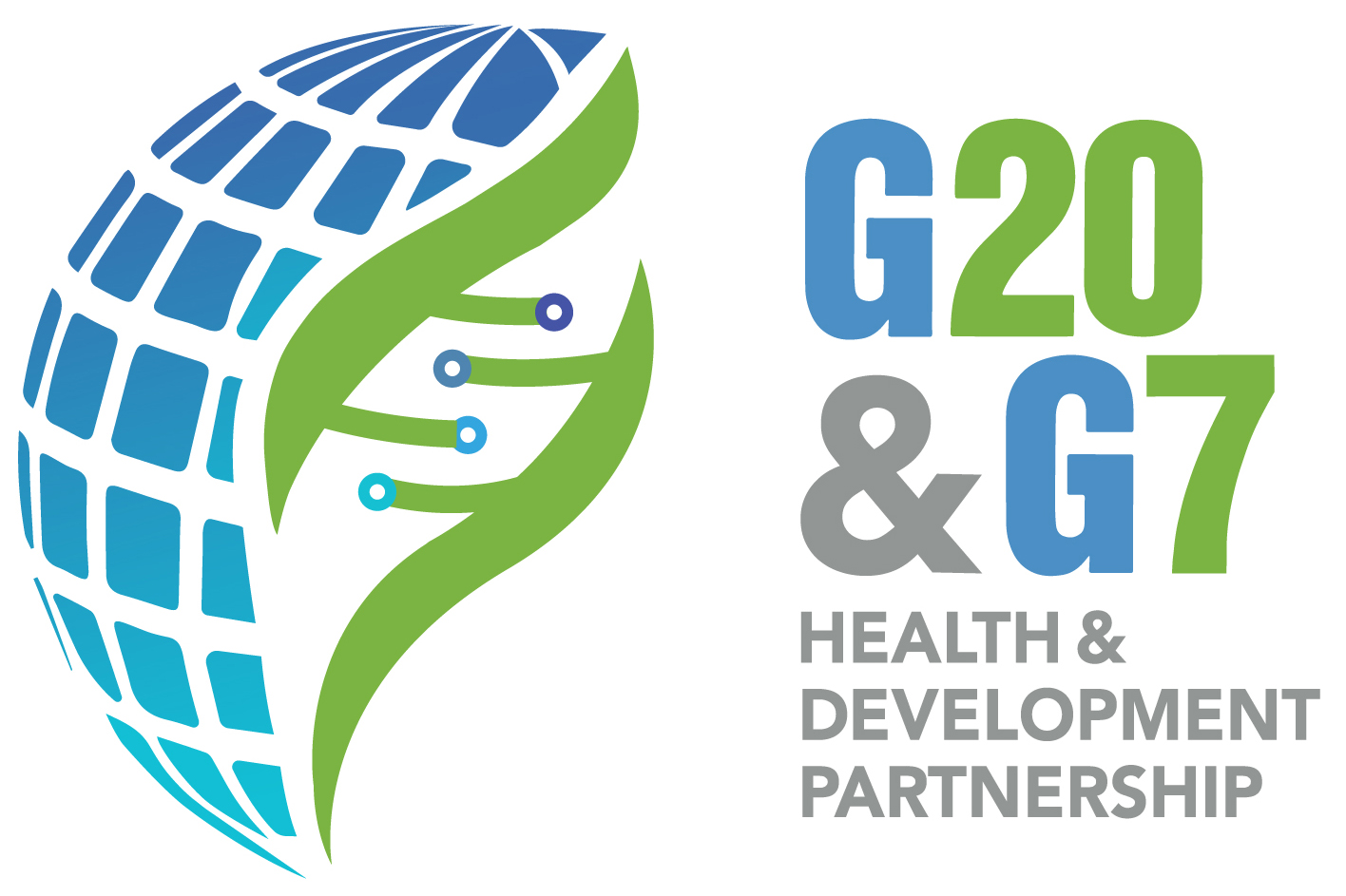GENEVA – Non-communicable diseases (NCDs) continue to be the leading cause of premature death globally, with 17 million deaths annually. In G7 countries, NCDs are responsible for nine out of ten deaths. Overall, it is estimated that the cost of ill health was more than $12 trillion in 2017, about 15 percent of global real GDP (1).
Recognizing this challenge, a high-level round table was convened on the sidelines of the Health 20 Summit, bringing together global leaders from G7 and G20 members. Organized by the G20 & G7 Health and Development Partnership with support from Roche, the closed-door High-Level roundtable brought together over 20 leaders from governments, multilateral bodies, and the private sector. The key recommendations from the participants was a call to action with the consensus being clear: addressing NCDs is not just a public health priority but a core economic issue.
The Challenge: A Looming Economic Crisis
Demographic shifts, particularly aging populations, are intensifying the burden of chronic diseases. Despite the urgency, only 19 countries are currently on track to meet the WHO’s 2030 target to reduce NCDs premature mortality by one-third. The economic and societal impact is staggering: the five largest NCDs worldwide are projected to cost an estimated $47 trillion in lost productivity between 2010 and 2030. This burden undermines our healthcare systems and strains our economies (2).
The Solution: Health Innovation as a Strategic Investment
It is critical to recognize health innovation as a key strategic investment. The roundtable’s consensus was clear: health is a fundamental economic driver, and the life sciences sector is a strategic industry vital for continued growth. Participants highlighted that innovations across prevention, screening, early detection, and treatment are essential for reducing long-term economic and health burdens. Furthermore, advances in diagnostics and medicines directly enhance productivity, reduce overall healthcare costs, and generate economic value by fostering a healthier workforce. This, in turn, results in increased tax revenues and fewer lost workdays. The fiscal impact is significant, with some estimates suggesting a return of up to $4 for every $1 invested in healthcare innovation (3).
The South African G20 Presidency’s move to strengthen the G20 Finance and Health Task Force was highlighted as a crucial step that would signal to private investors that health remains a top priority for multilateral action. It is imperative that this economic narrative remains prominent to drive sustained political will and long-term investment.
Recommendations for G7/G20 Leaders
The session produced three key policy recommendations for G7 and G20 deliberations:
- Champion prevention, early detection and treatment: Prioritize prevention, screening, early diagnosis and treatment of NCDs. Treating conditions at an earlier, curative stage leads to better patient outcomes and saves significant public budgets, which can then be reinvested into broader health innovation.
- Adopt a broader value framework: Move beyond viewing health interventions as a cost and adopt a common value framework that accounts for the societal and economic benefits of medical innovation as both short- and long-term investments.
- Enable public-private collaboration: Create supportive policy frameworks that enable sustained public-private collaboration to drive R&D and integrate innovative solutions into health systems globally.
The roundtable concluded with a call to action for leaders of G7 and G20 and beyond, reinforcing the imperative to act now. As Alan Donnelly, Chair of the G20 & G7 Health and Development Partnership, summarized, ‘Addressing NCDs is both a public health priority and a core economic issue for the G7, G20, and beyond’. This event served as a powerful reminder that investing in today’s health innovations is essential for securing both immediate and future well-being and economic stability for everyone, and for all future generations
A further event is planned for Wednesday 24th September on the margins of UNGA in New York, which will continue to call for action and explore the pragmatic solutions for implementation
The event was supported by and received expert contribution from F. Hoffmann La Roche AG.
2 World Bank. GDP (current US$) | Data [Internet]. [Cited 2024 May 15]. Available from: https://data.worldbank.org/indicator/NY.GDP.MKTP.CD
